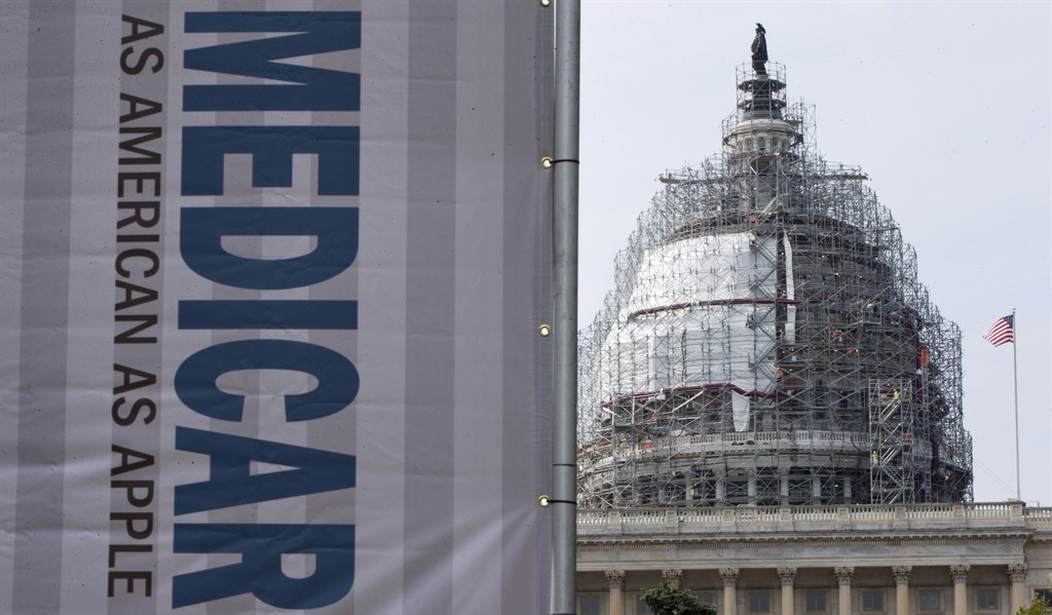Federal entitlement spending is not equivalent to Christian charity, and when Govs. John Kasich and Asa Hutchinson make such a claim they are spreading something worse than bad policy. They’re spreading bad theology.
The Parable of the Sheep and the Goats in the Gospel of Matthew (25:31-46) is an oft-cited story. Political liberals who otherwise eschew any connection between religion and politics are particularly fond of quoting Christ’s admonition that “Inasmuch as ye have done it unto one of the least of these my brethren, ye have done it unto me.”
The Republican governors of Ohio and Arkansas have invoked the parable to defend their expansions of Medicaid to include working-age adults with no kids and no disabilities.
But, as with most such invocations, this one falls afoul of both politics and piety, although it certainly comes with a heaping dose of self-righteousness.
Two thousand years ago, these words literally helped change the world:
“For I was hungry and you gave Me food; I was thirsty and you gave Me drink; I was a stranger and you took Me in;I was naked and you clothed Me; I was sick and you visited Me; I was in prison and you came to Me.”
Today, they’re employed as a political punchline.
In Matthew, Jesus is speaking not to a gaggle of voters about a government agency, but to individuals. The expectation of Christian charity is just that, an individual, not a collective, responsibility.
It’s important to remember that, whatever one thinks of their health care policy, Kasich and Hutchinson are wrong about this central doctrinal point.
Recommended
“When you die and get to the meeting with St. Peter, he’s probably not going to ask you much about what you did about keeping government small,” Kasich has said. “But he is going to ask you what you did for the poor. You better have a good answer.”
In other words, opponents of expanding Medicaid are going to hell because they are not prepared to do for “the least of these.” But that turns Christian doctrine on its head. It is not the good works that get you into heaven, but salvation through grace. It is grace that inspires or spiritually compels the good works. And grace is bestowed upon individuals, not groups of people or nations.
It’s a common mistake, but one that politicians pretending to be experts on the Gospels should not be making in public.
So, bad policy begets bad theology. And they follow that up with bad language.
It is generous if you give your own money or goods to the poor. It is not “generous” to spend other people’s money on the poor. Depending on the circumstance, it might be wise or unwise, frugal or fiscally fatuous, or even simply the right or wrong thing to do. But if words are to have any meaning at all, it is not generous.
Leaving aside the fact that Medicaid is not a very effective method of helping poor people get health care, judging your fellow man’s worthiness for heaven (doesn’t somebody else have THAT job already?) is not a very effective method of winning friends and influencing voters.
This all comes down to the deep need of too many politicians to be loved by all the right people -- the ones who despise political invocations of religion by those with whom they disagree, but never shy away from them when it suits their own purposes.
So for those who are headed straight to hell for opposing the expansion of Medicaid, or favoring the enforcement of immigration laws, or supporting the death penalty, take heart: “Beareth all things, believeth all things, hopeth all things, endureth all things.” (1 Corinthians 13:7)
And if you’re going to use Christian doctrine to sell your politics, at least make sure you understand it.
























Join the conversation as a VIP Member